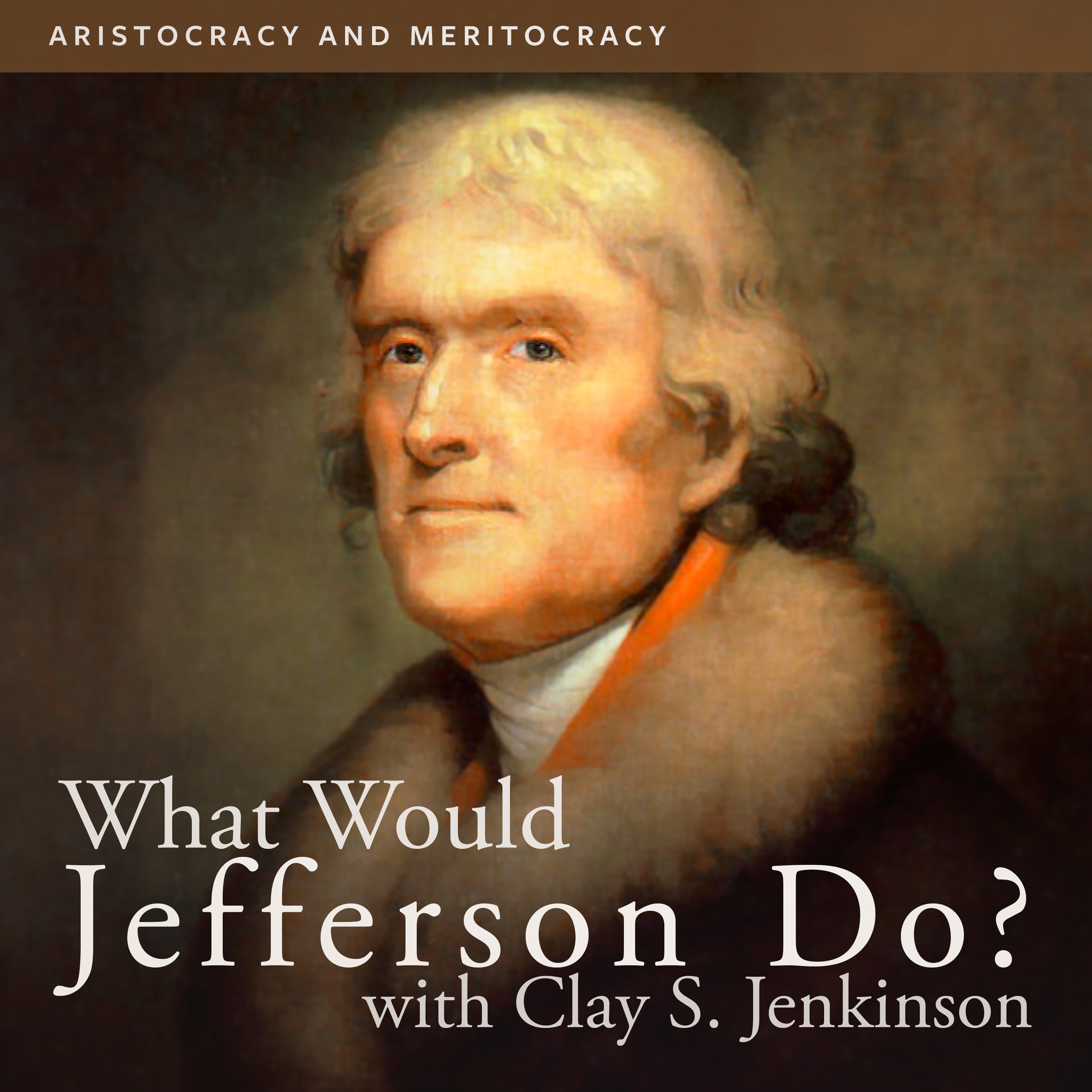“Mr. Madison made me look like a slacker.”
President Thomas Jefferson speaks about his good friend and adviser James Madison.
Together, Jefferson and Madison made it possible for the Virginians to rule this country for 24 years at the beginning of the 19th century. It's a great example of two very different men combining their talents to make a stronger yin and yang, or put another way, Mutt and Jeff: a tall, elegant Virginian and a much more contained, little, balding fellow who was a brilliant political strategist. James Madison is arguably the most underrated of the Founding Fathers, and is often accurately referred to as the father of the Constitution. His wife, the famous Dolly Madison called him the Great Little Madison.
Thanks to Karl Schoettler of Visalia, CA for writing the letter that inspired us to do two shows on James Madison.
Further Reading
The Three Lives of James Madison: Genius, Partisan, President by Noah Feldman
What Would Jefferson Do?
“We strived for that. We may not have achieved that.”
Tune in to your local public radio or join the 1776 Club to hear this episode of What Would Thomas Jefferson Do?


Jay Cost, author of the new book James Madison: America's First Politician joins Clay Jenkinson this week to discuss the book and share insights on the politics of Madison and Jefferson's time.
When reading Thomas Jefferson’s correspondence, one often sees examples of his belief that the less government, the better. In this week's episode, President Thomas Jefferson discusses the writing of the Constitution and comments on The Journal of the Federal Convention by James Madison. Jefferson wrote, "it may be proved that no society can make a perpetual constitution, or even a perpetual law. The earth belongs always to the living generation."
This week in an interesting debate match, Clay Jenkinson and Joseph Ellis argue over who is the “Indispensable Man” of the American Revolution. Ellis argues for George Washington, while Jenkinson says it has to be Jefferson. A very wise listener suggests that they are both wrong: it’s Benjamin Franklin.
This week we present the third of four conversations between the author and historian Joseph J. Ellis and The Thomas Jefferson Hour creator Clay S. Jenkinson about the letters exchanged between Thomas Jefferson and John Adams from 1812 until the death of both men on July 4, 1826. In this third episode Ellis says that during this age, “letter writing was an art and these are two of the best letter writers in in late eighteenth century America. I don’t know that anybody is better. Franklin is pretty good, but Madison’s letters read like the footnotes of an insurance policy.”